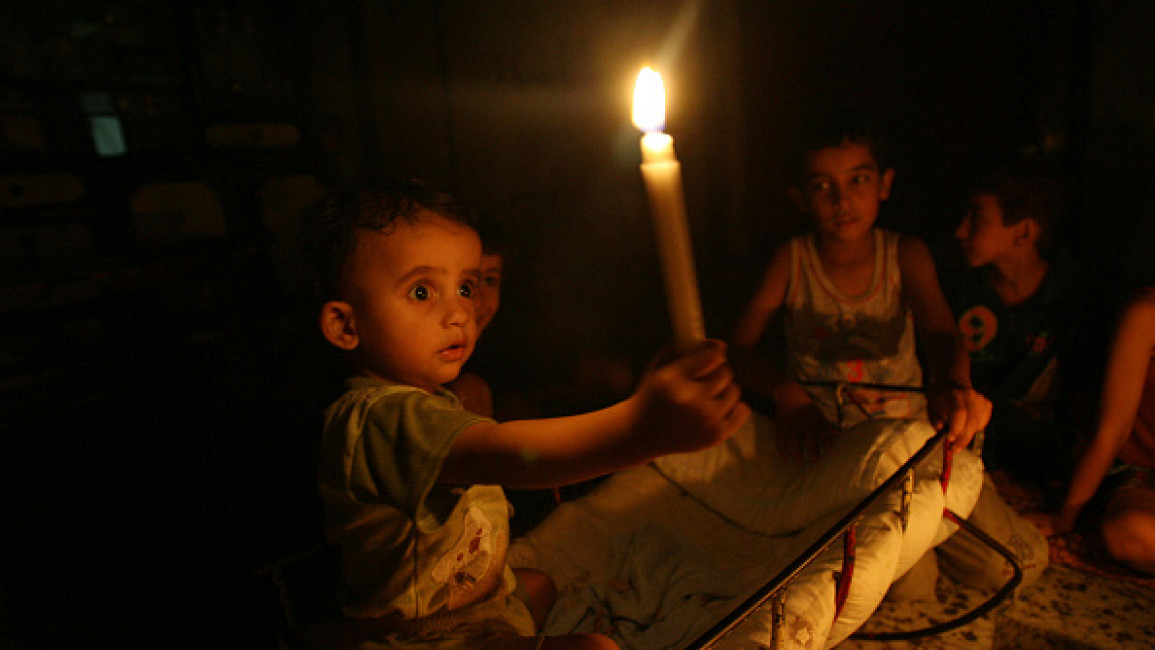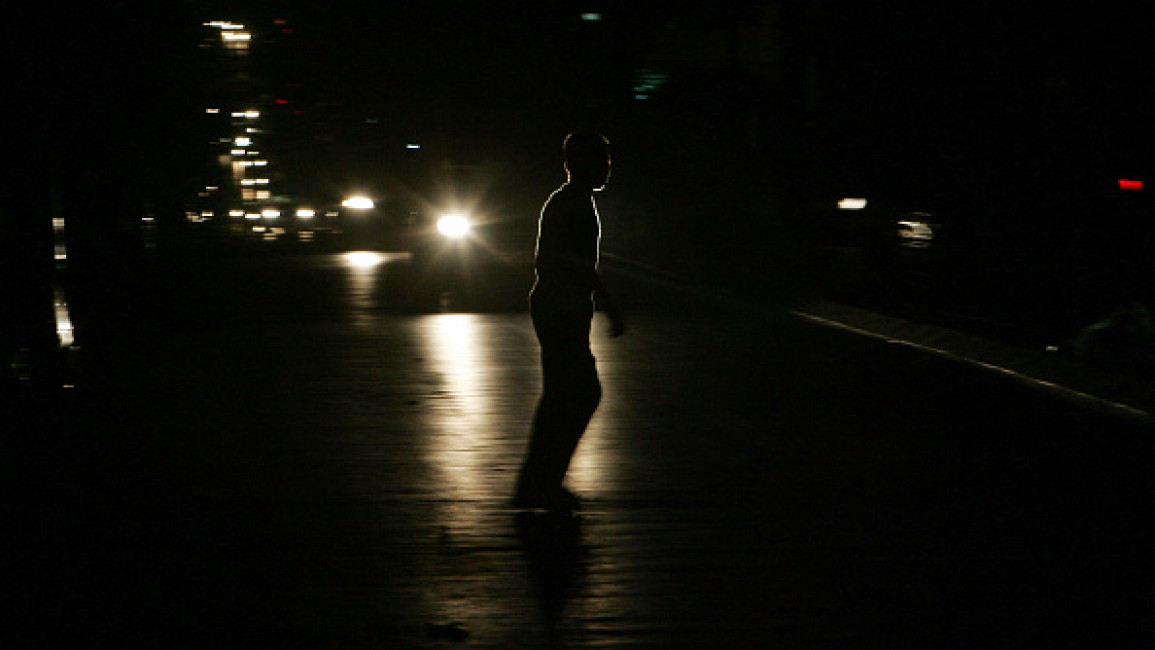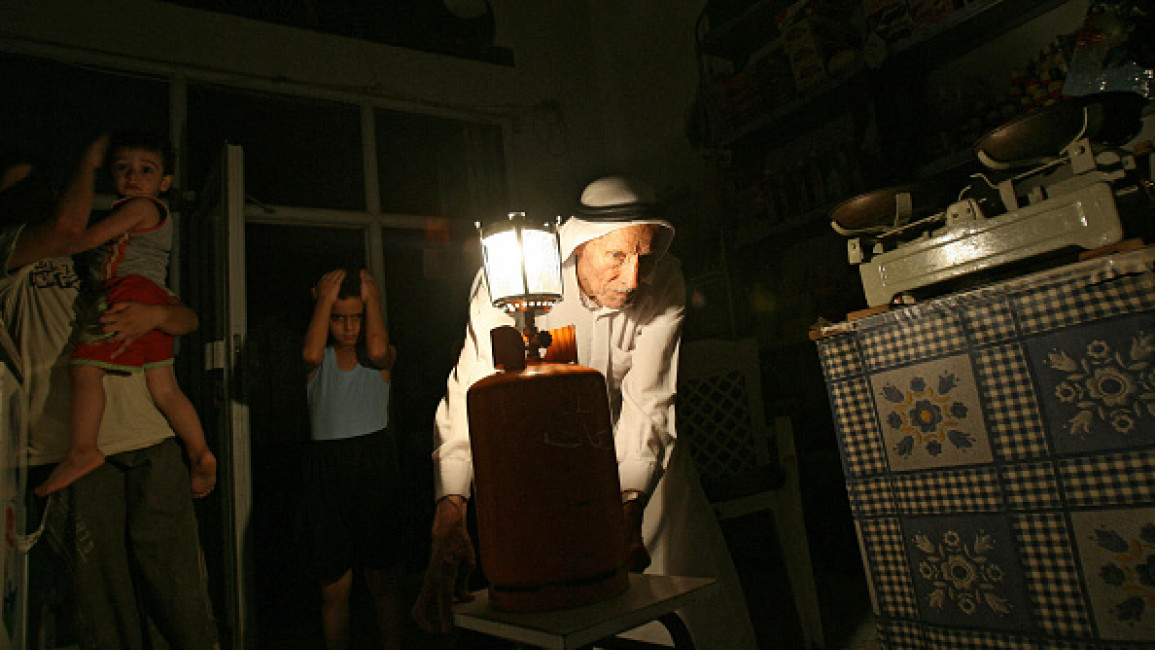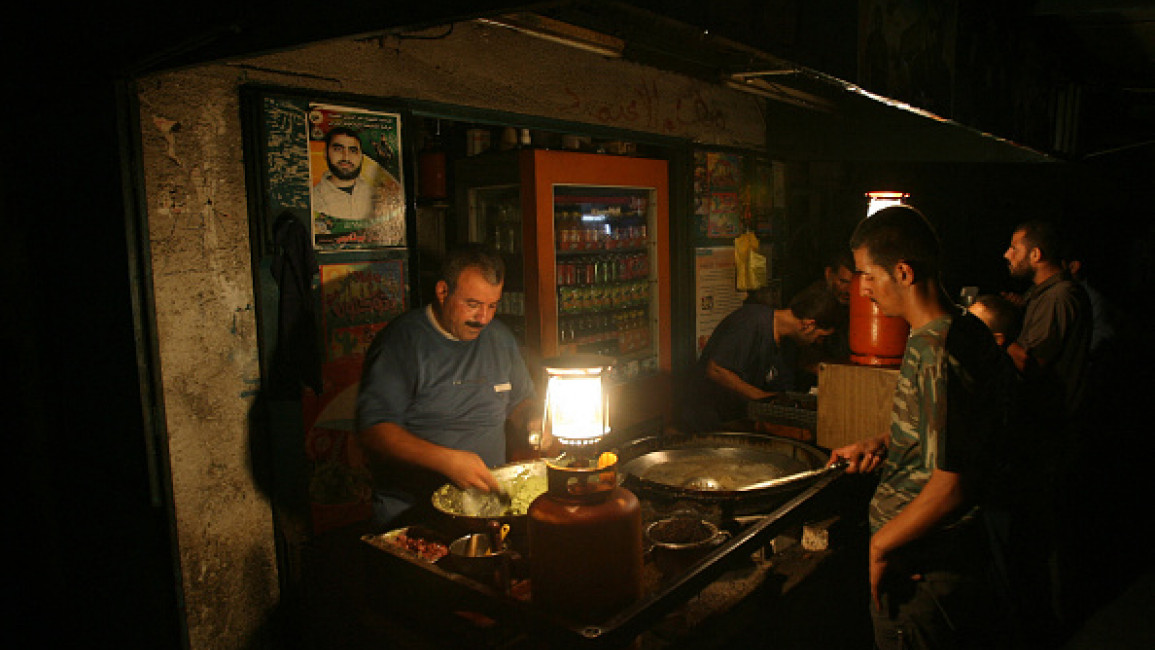Electricity shortage creates severe mental health problems for many in Gaza: study
The 18-year-old electricity crisis in the Palestinian-besieged Gaza has negatively affected the mental health of many living in the coastal enclave, a recent study has found.
Researchers found higher levels of anxiety and depression among people who experienced a constant lack of electricity - discovering that people’s sense of well-being improved as access to reliable sources of energy increased.
"High percentage of people in Gaza, who are experiencing the electricity shortage, have been subjecting to anxiety and depression," the report said.
The study surveyed about 350 families living in the coastal enclave, 81 of whom live with an intermittent electricity supply.
"About 93 percent of participants contended that they suffered from moderate-severe or severe anxiety, compared with six percent of the general population in the West Bank," the study said.
The study added that 44 percent of the families said they suffered from moderate-severe or severe depression, compared with 5.6 percent in the general population.
"We found that electricity issues, especially when combined with other stress factors associated with living in Gaza, lead to serious mental health concerns," co-author Raya al-Dadah, from the University of Birmingham, said in a press statement.
Al-Dadah stressed that "attention must be given to developing sustainable, reliable, and affordable energy supplies for short- and long-term health and community development".
"Unfortunately, intermittent access to electricity can impact social and community networks in many ways, including reducing people’s opportunities to study or access functional health care services," Mazen Abu Qamar, a Gaza-based psychologist and a co-author of study said.
"It is very important for Gazans to have access to reliable, non-polluting, and affordable energy that can support employment, promote economic development, and help address poverty," he said.
In 2006, the only station to generate electricity during the summer was subjected to Israeli bombing after the capture of the Israeli soldier Gilad Shalit, and all projects related to resolving the electricity crisis went unheeded.
Since then, the residents of Gaza suffered regular power outages.
The coastal enclave, home to more than 2.3 million people, needs about 500 megawatts daily. It receives 120 megawatts from Israel while its sole power station generates 60 megawatts, according to officials in the territory.
As a result, locals receive electricity for up to eight hours a day, while the summer and winter months could see electricity cut-offs lasting 12 hours a day.
Many residents of the Gaza Strip resort to buying electricity from private generators established by investment companies and spread in different areas. Their exorbitant cost amounts to about eight times the regular price.
The inadequate electricity supply has persisted in the Gaza Strip for decades and, according to the UN Office for Coordination of Humanitarian Affairs.
This acute energy crisis pushes the area to the verge of disaster with severe implications for health, water, and sanitation.






